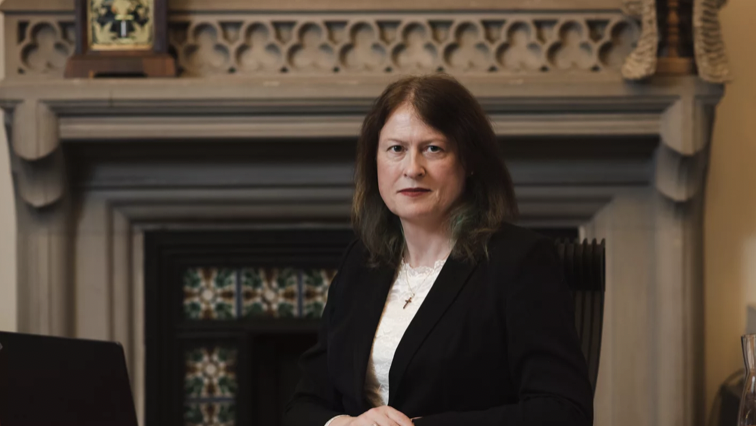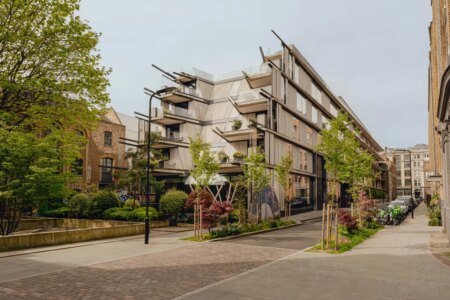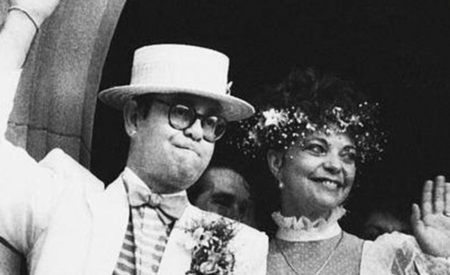Britain’s most senior openly transgender judge has launched a legal challenge at the European Court of Human Rights, arguing that the UK Supreme Court breached her right to a fair hearing when it declined to hear evidence from trans people in a landmark case about the meaning of ‘woman’ under the Equality Act.
Dr Victoria McCloud, who publicly transitioned in adulthood and is widely described as the country’s first openly transgender judge, has lodged an application at Strasbourg contending that the Supreme Court’s handling of the April judgment denied her the sort of impartial, independent tribunal guaranteed by Article 6 of the European Convention on Human Rights. According to contemporary reporting, the claim follows the court’s finding that the words ‘woman’ and ‘sex’ in the Equality Act 2010 refer to biological sex rather than to certificated gender — a decision that has already rippled through policy discussions and legal guidance across the UK.
McCloud says she sought permission to intervene in the original case to explain how the ruling would affect her and other trans people, but that the Supreme Court refused to hear that evidence. She subsequently stood down from judicial duties; her legal biography records a long career in the senior judiciary and later advisory roles, underscoring the unusual nature of a judge of her standing taking this step. Supporters argue the refusal to allow her intervention left the hearing dominated by gender‑critical witnesses and perspectives, a contention McCloud’s team now places at the centre of the Article 6 complaint.
Her legal team is explicitly trans‑led. They include Oscar Davies, the UK’s first publicly recognised non‑binary barrister with experience in discrimination and Convention‑rights litigation, and Olivia Campbell‑Cavendish, the founder of the Trans Legal Clinic and a prominent trans lawyer. According to those involved, this is the first case in history to be brought before Strasbourg by a trans‑led legal team, a fact campaigners say is itself symbolically important in the wider debate about who gets to speak in legal proceedings that shape trans people’s everyday rights.
‘For the trans community, it embodies a simple truth: there must be no more conversations about us, without us,’ a spokesperson for the Trans Legal Clinic said in a statement accompanying the clinic’s fundraising appeal, which is intended to meet the considerable legal costs of an ECHR challenge.
The Supreme Court ruling has provoked sharp divisions. Rights groups warned that interpreting the Equality Act by reference only to biological sex risks excluding trans people from participation in public life and from protections previously understood to flow from certificated gender. Government and statutory bodies have sought to provide immediate practical guidance: the Equality and Human Rights Commission issued interim advice on access to single‑sex services while ministers, campaigners and service providers assess the ruling’s implications. At the same time, gender‑critical campaigners hailed the judgment as a vindication of women’s single‑sex protections, creating a polarised public debate over sport, single‑sex facilities and wider public policy.
The technical legal question now before Strasbourg is narrow but consequential. McCloud’s lawyers argue that by refusing her intervention the domestic courts failed to offer an adversarial process in which affected parties could participate, and that this procedural exclusion undermines the fairness of the determination. Observers note that Article 6 claims are typically difficult to win; success would require Strasbourg to find that the domestic process fell short of guaranteed standards of independence and impartiality. Even a rejection, however, would carry weight as a formal assessment by an international human‑rights tribunal of how UK courts handle participation by marginalised or directly affected groups.
The Trans Legal Clinic is funding the challenge through a public appeal and has framed the legal fight as part of a broader struggle to ensure trans voices are heard on matters that determine their rights. The clinic stresses the case’s collective dimension: McCloud does not represent only herself, they say, but seeks to vindicate the procedural right of trans people to present evidence about how laws will affect their lives.
Source: Noah Wire Services




















